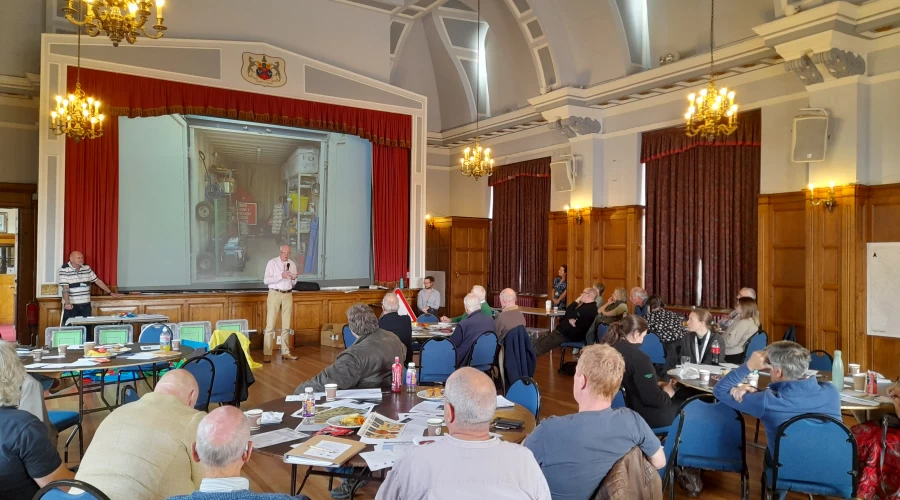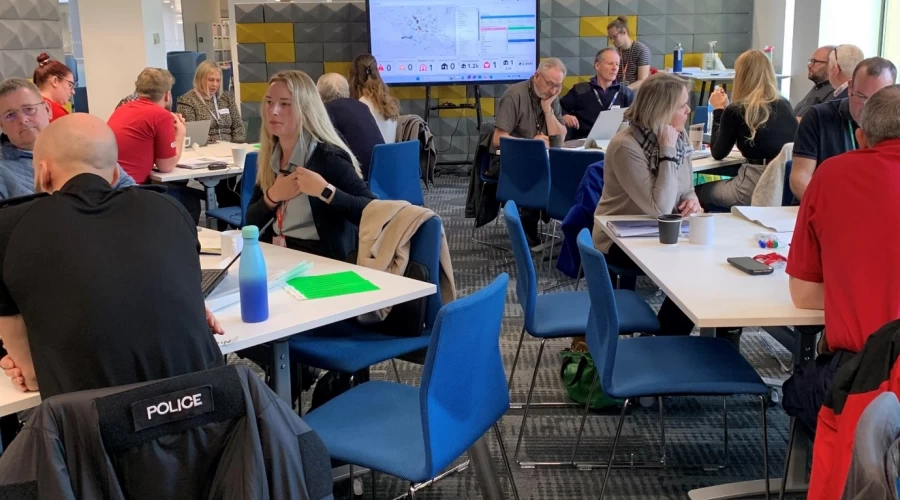Interesting Fact
The South Western Ambulance Service NHS Foundation Trust is responsible for the provision of ambulance services across an area of 10,000 square miles which is 20% of mainland England.
The Trust serves a total population of over 5.5 million and is estimated to receive an influx of over 23 million visitors each year.
Responsibilities
The core operations focus is the delivery of emergency ambulance 999 services (A&E). There are 92 ambulance stations, two Emergency Operations Centres, and two Hazardous Area Response Teams (HART).
The operational area is predominantly rural but also includes large urban centres including Bristol, Plymouth, Exeter, Bath, Swindon, Gloucester, Bournemouth and Poole.
Key Roles in Response
- Save life, in partnership with the other emergency services;
- Instigate a command and control structure for NHS assets deployed to an incident;
- Co-ordinate the NHS communications on site and to alert the 'receiving' hospitals for the receipt of the injured;
- Carry out a health service assessment for the incident;
- Instigate a triage process, provide effective and adequate treatment and transport casualties to a healthcare facility;
- Provide clinical decontamination of casualties through the mobilisation of Specialist Operations Response Teams (SORT), if required, and to support mass decontamination;
- Mobilise the National Mass Casualty Equipment Vehicles;
- Maintain a safe level of emergency response
- Alert and make provision for the transport of the Burn Incident Response Teams (BIRTs) and Mobile Surgical Teams if required;
- Deploy a Hazardous Area Response Team (HART) or Specialist Operations Response Team (SORT - Marauding Terrorist Attack and Clinical Decontamination Responders) if required



